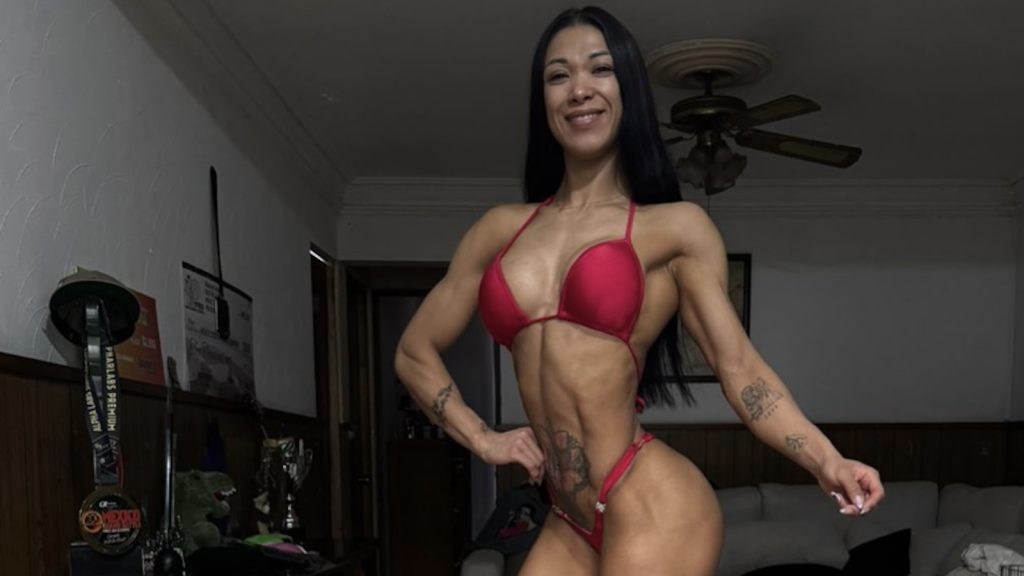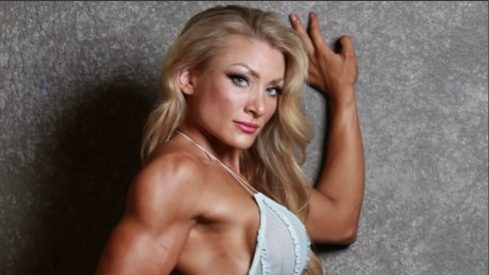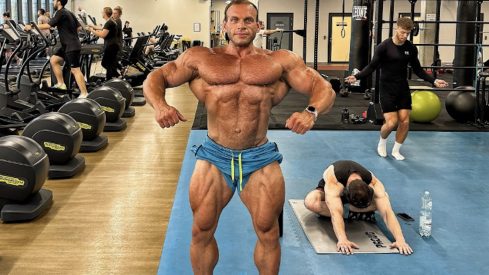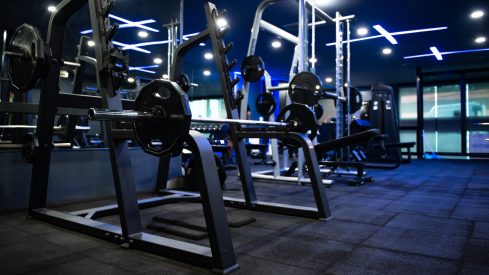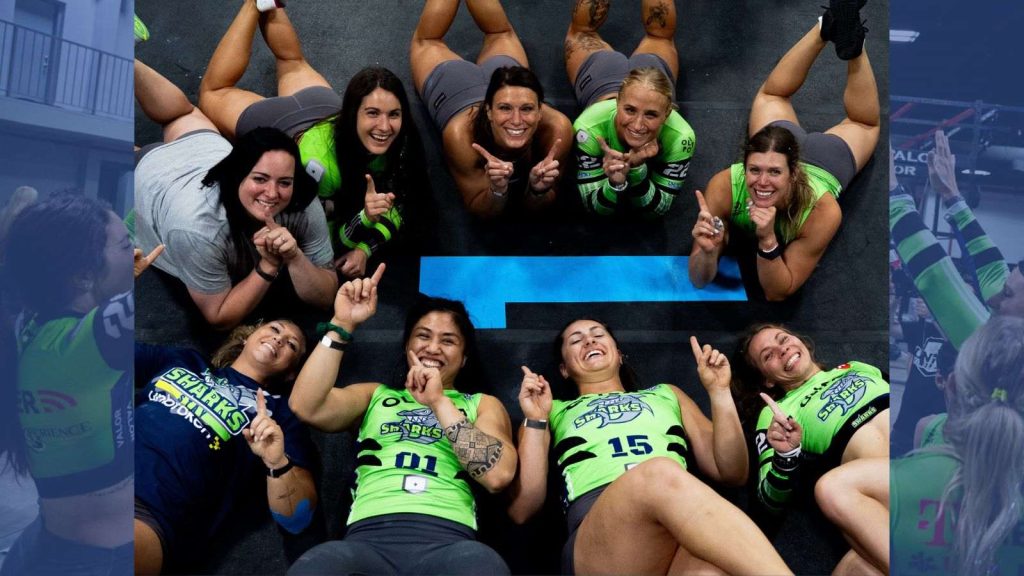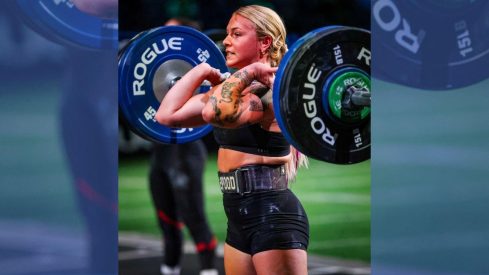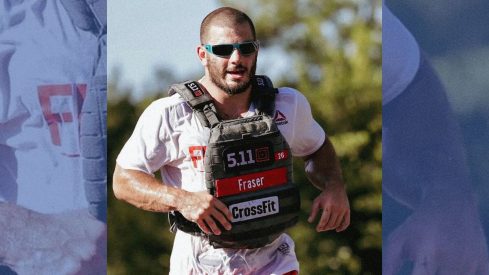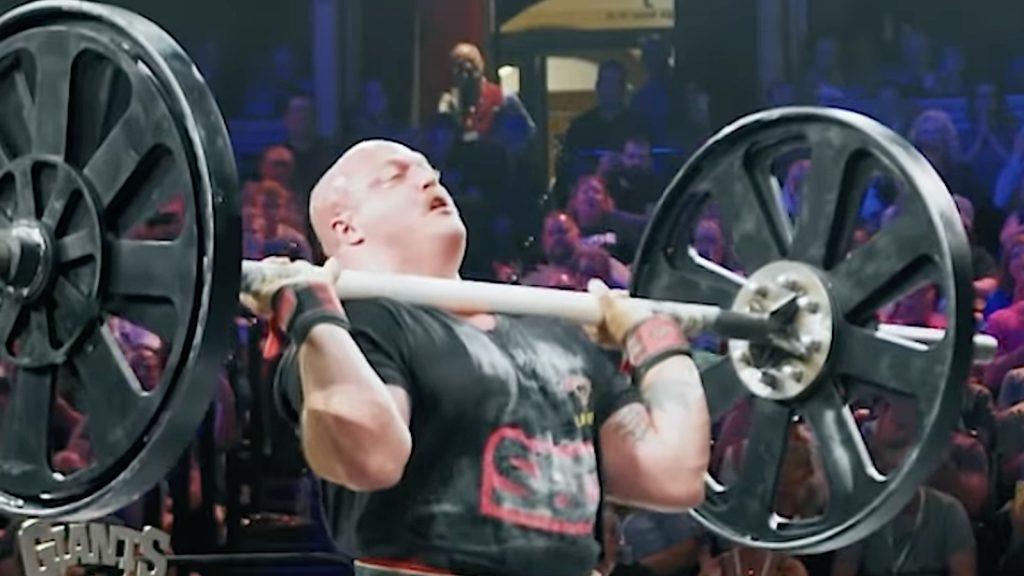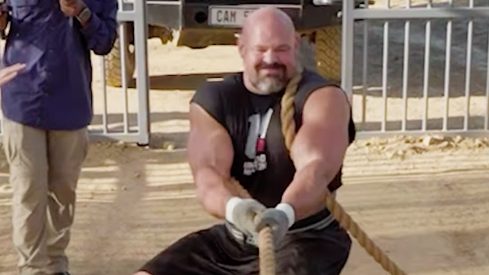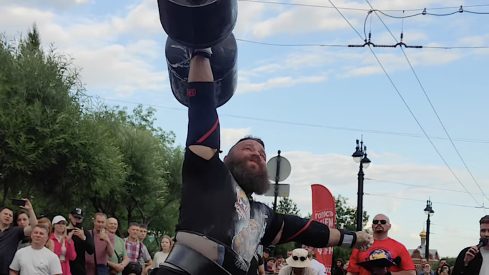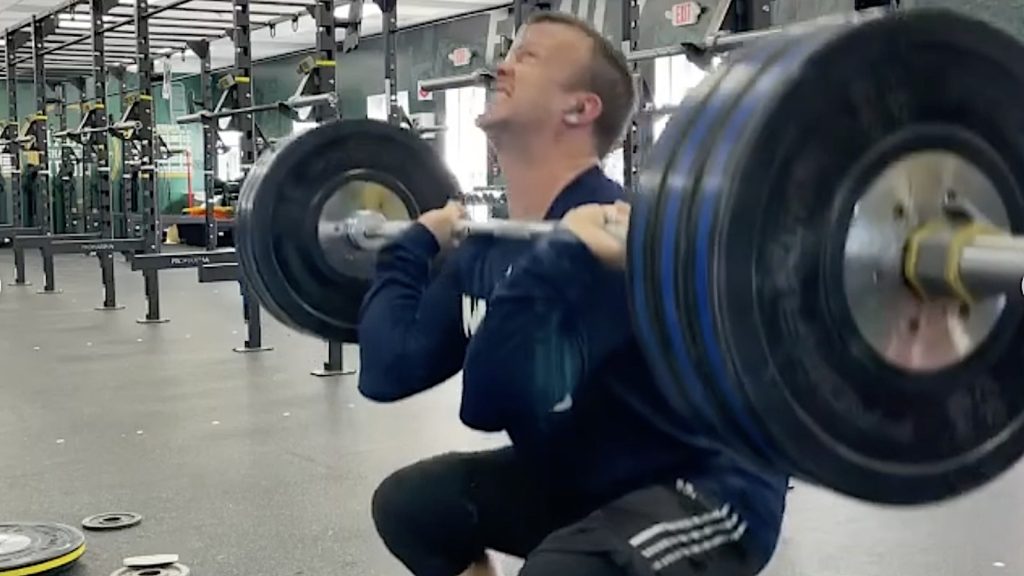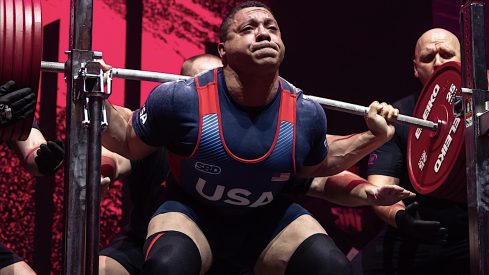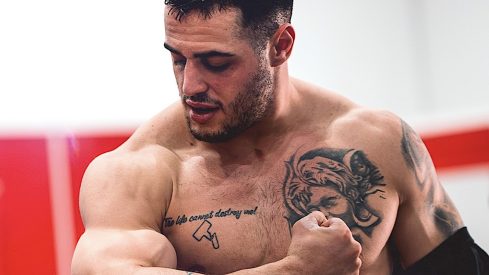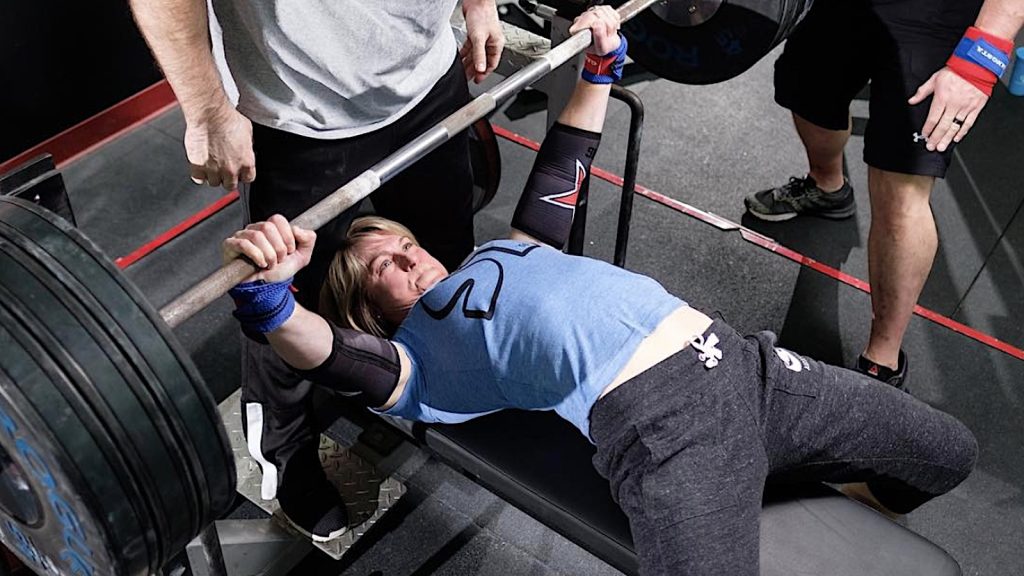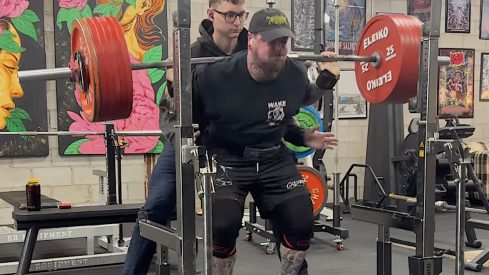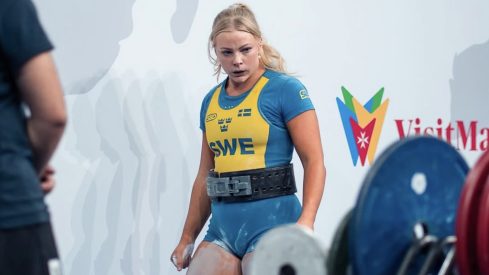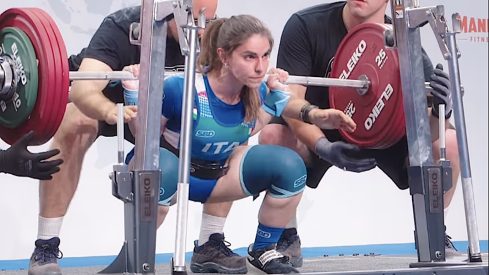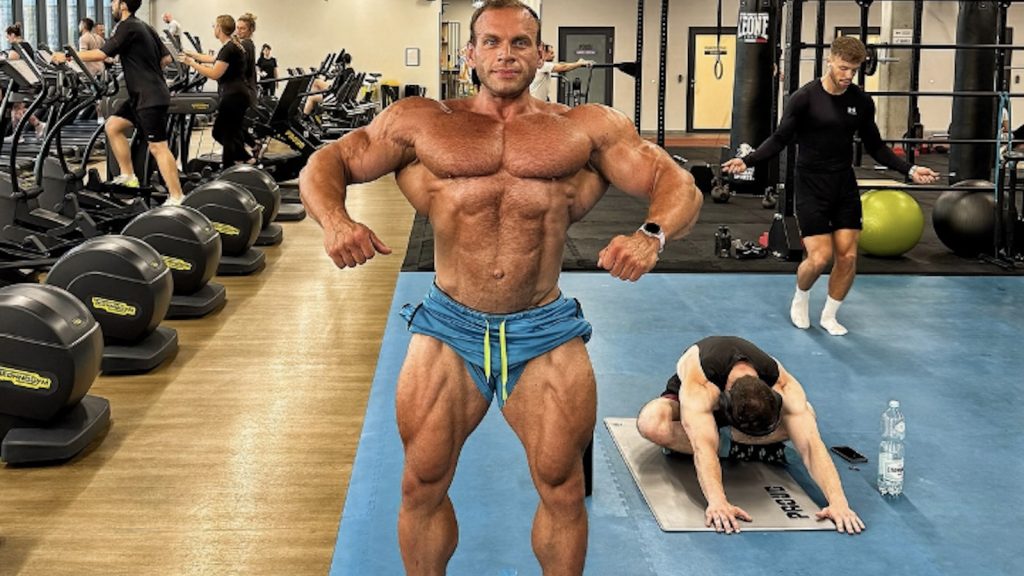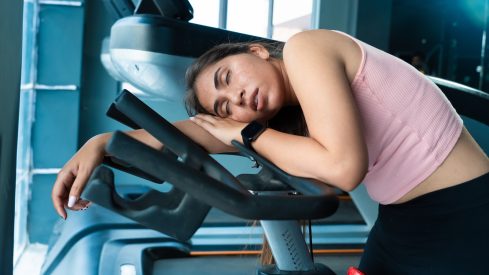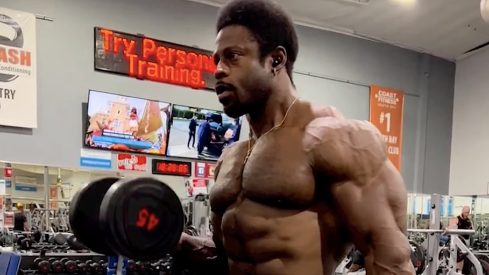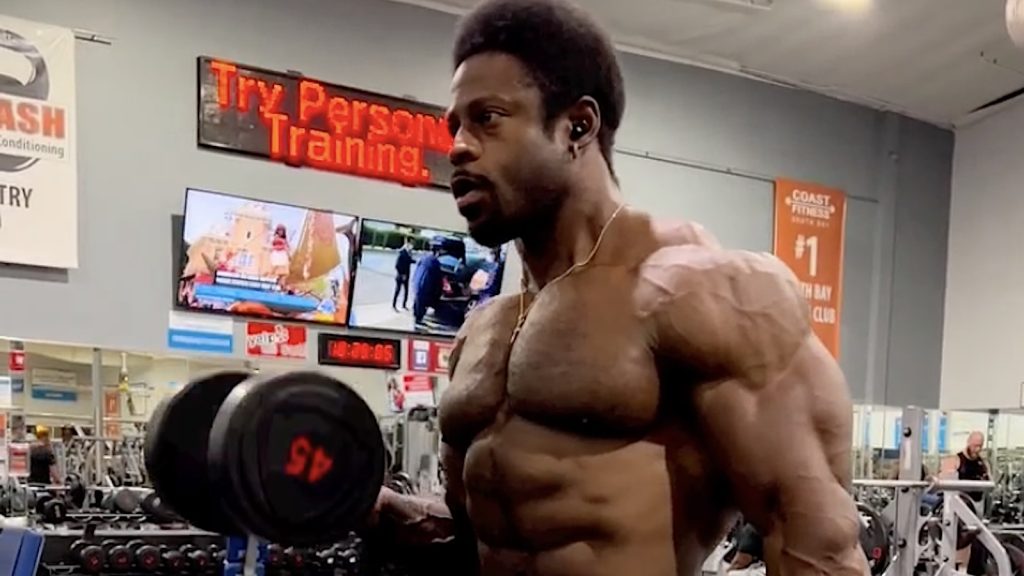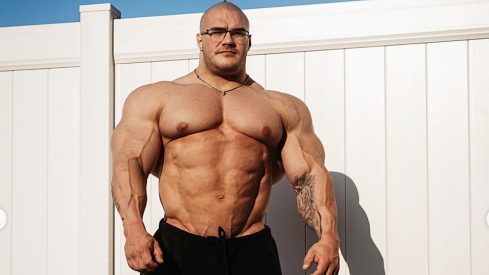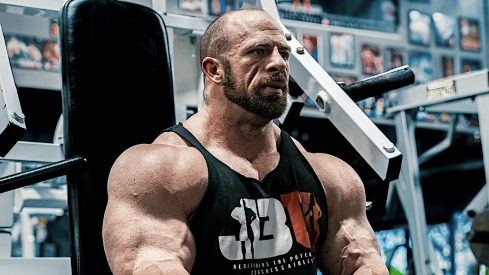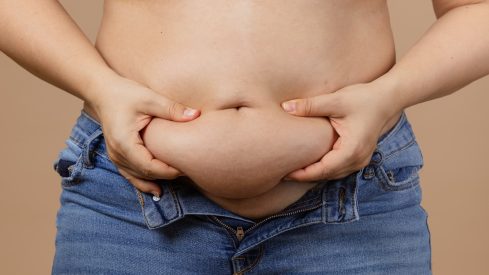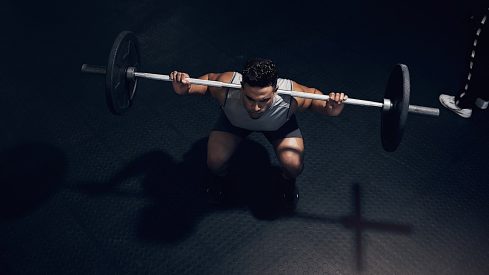Latest News
-
2025 Republic of Texas Pro Bodybuilding Show Preview
The 2025 Republic of Texas Pro will be held in Austin, TX, on Saturday, July 12. This IFBB Professional League-sanctioned event will feature 2025 Olympia Weekend qualifications for the Men’s Physique, Bikini, and Wellness divisions. The winners of each contest will be eligible to compete at the 61st Olympia Weekend in Las Vegas, NV, on Oct. 9-12. 2025…
Crossfit
-
Southwest Florida Sharks Eye Perfect Season as United Grid League Playoffs Loom
The United Grid League will conclude its regular season this weekend, providing teams with a final opportunity to qualify for the playoffs and the championship match in August. Check out this weekend’s match schedule here. Remind me: The United Grid League (UGL) season started in May. Each team plays four regular-season games, and the top…
Strongman
-
Why Mitchell Hooper Missed His First Podium In 3 Years: “Strongman Makes You Less Athletic”
The 2025 Giants Live Strongman Classic, held on July 5, 2025, in London, England, was a show with many highlights. Evan Singleton of the USA scored the overall gold, a significant rebound from his biceps injury sustained at the 2025 World’s Strongest Man (WSM) contest, which caused him to withdraw subsequently. The other major story…
Weightlifting
-
How Often Should Weightlifters Max-Out Lifts?
Olympic weightlifting demands power, precision, and flawless technique across two lifts: the snatch and the clean & jerk. Raw strength is at the heart of these movements, often measured through the one-rep max (1RM), a benchmark for assessing a lifter’s maximum capacity. (1) Olympic weightlifting coach Brian Chambers and 2025 National University Champion and coach Calvin Lackey shared their insights on how…
Powerlifting
-
You Might Be Making One of These 4 Bench Press Mistakes
The most minor bench press mistakes can crush gains and harm shoulders, elbows, and wrists. Mastering the bench press involves many factors, including setup, grip position, breathing, and bar path. 11-time world powerlifting champion Jen Thompson joined Squat University’s Dr. Aaron Horschig to tackle the four most common bench press mistakes and how to fix them. Poor Setup & No Full Body Engagement…
Bodybuilding
-
2025 World of Monsterzym Korea Pro 212 Bodybuilding Preview
The 2025 World of Monsterzym Korea Pro will occur on Saturday, July 12, 2025, in Gyeonggi State, South Korea. This event will host a 212 Bodybuilding division contest featuring 16 athletes representing eight nations. The winner of this contest will qualify for the 2025 212 Olympia, a part of the 61st Olympia in Las Vegas,…
More News
-
Breon Ansley Commits to 2025 Classic Physique Olympia
Two-time Classic Physique Olympia champion Breon Ansley has committed to the 2025 Classic Physique Olympia contest. The decision announced via Instagram post on July 9 was Ansley’s way of being a part of the 61st Olympia in Las Vegas, NV, on Oct. 9-12. For the second consecutive season, Ansley’s decision to stay in the Classic Physique…
-
World Fitness Project Tour Stop II Takes Shape: Unofficial Challenger Qualifier Results
-
Nick Walker’s 7-Exercise Push Day Goes Light on Heavy Weights
-
Mat Fraser’s Tips for Improving 4 Vital CrossFit Movements
-
A Pro Bodybuilder’s Fat Loss Breakfast Hacks
-
Is It Possible to Target Visceral Fat?
-
How Intermittent Fasting Affects Muscle Gains
